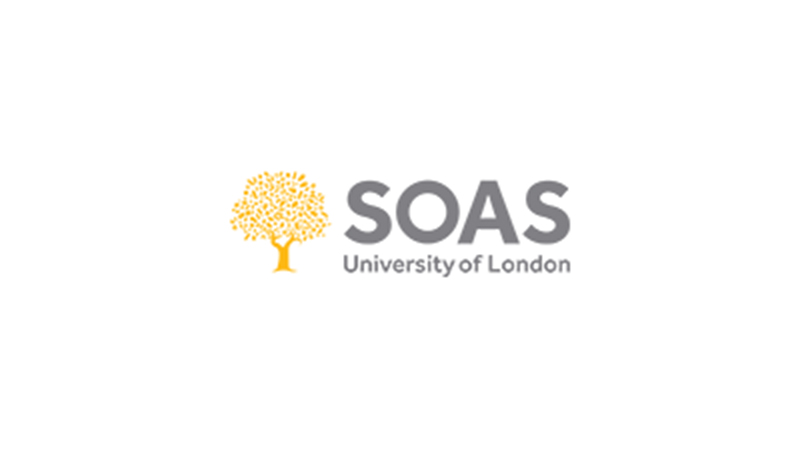Case Study
This research addresses the often-noted disproportionate impact of the coronavirus (COVID-19) pandemic on migrant communities and the difficulty of reaching those communities with Public Health messages. To address this problem, we studied how different and diverse cultural communities receive information about COVID-19, interpreted/translated it according to their language conventions and acted upon it. We hypothesized that different ways of understanding this coronavirus affected how communities responded to it and ultimately led to variation in mortality rates.
Our team of 17 researchers from different language communities at SOAS, University of London, carried out a systematic survey that was completed by 688 people. This survey helped us get a first understanding of different tendencies amongst 16 language communities: Arabic, Algerian Arabic/French, Bengali, Chinese, Hindi, Indonesian, Japanese, Korean, Persian, Punjabi, Somali, Sylheti, Swahili, Turkish, and Yoruba. These were followed up by interviews with 183 people, which followed a more open format to get a more detailed understanding of the challenges each community faces.
We also researched narratives about COVID-19 in communities in London and compared these with those in the places of origin of each language community. Based on this information, we identified how communities understand COVID-19 and why they behave and react in certain ways.
People from ethnic and minority communities expressed concern about the Government’s actions in response to COVID-19. Below are extracts of voices from our interviews.
“This country is too lenient- hasn’t been strict at all, and still isn’t today. Many people over the summer (2020) and even coming into the winter were having private parties, raves etc., but ‘you can’t blame them either’, because the government keep changing the rules. Prime Minister’s requests to stay at home were too weak- people took advantage of the leniency.”
Many people also asked for clearer instructions and guidance:
“More disseminations of information for the ethnic minorities. Especially when the regulations change. Sometimes, we are not sure what the regulations are. Because we are minorities here, meeting our friends is very important. The tendency to read news and information in our native language is still quite big. So I wish there is more information in minorities’ languages.”
Seventy-one percent of our survey respondents obtained information on COVID-19 from outside of UK. Of these, seventy-nine percent thought this helped them understanding COVID-19 better. Below we cite examples of survey responses related to issues that were consistently mentioned. They show that people do not get enough information or that the information they get is not clear. Information needs to be provided in a broad range of relevant languages and by mediators who understand and communicate with people with different cultures and habits.
- “The language barrier”
- “Cultural upbringing reflects the application and the adherence to the procedures and precautionary measures”
- “I don’t think people are understanding the information”
- “I think educating community leaders would help in this regard”
Our interviews revealed that:
- People across communities do not know about long COVID or do not have sufficient information about this condition.
- People have mental health problems because of uncertainty regarding COVID-19. In some communities they expressed a need for counselling with someone who understands their culture and speaks their own language.
- In some communities many people do not trust governmental information, especially about vaccination.

Researchers
Nana Sato-Rossberg
Yan Jiang
Lutz Marten
Edward Simpson
Bukola Aluko-Kpotie
Aicha Belkadi
Narguess Farzad
Ida Hadjivayanis
Youkyung Ju
Amy Parsons
Soe-Tjen Marching
Burçin Mustafa
Naresh Sharma
Satona Suzuki
Marie Thaut
Abshir Warsame
(School of Oriental and African Studies)


